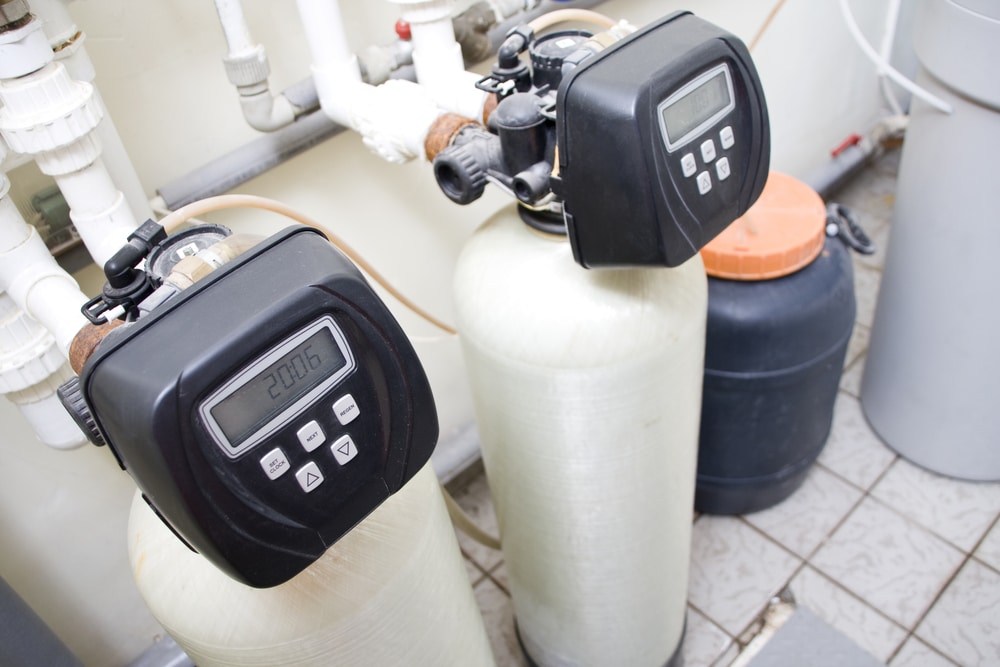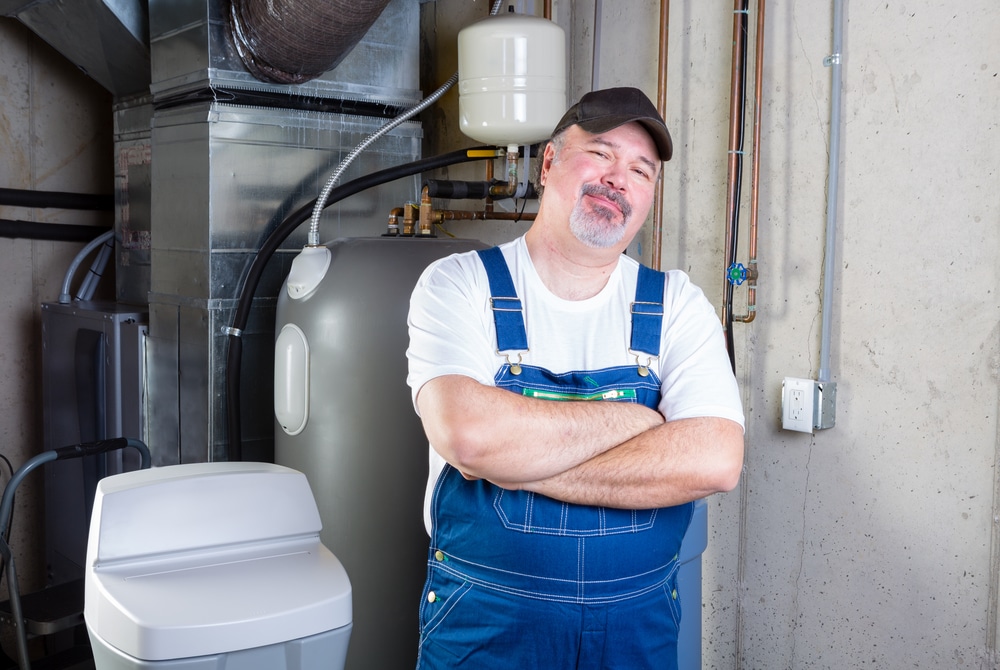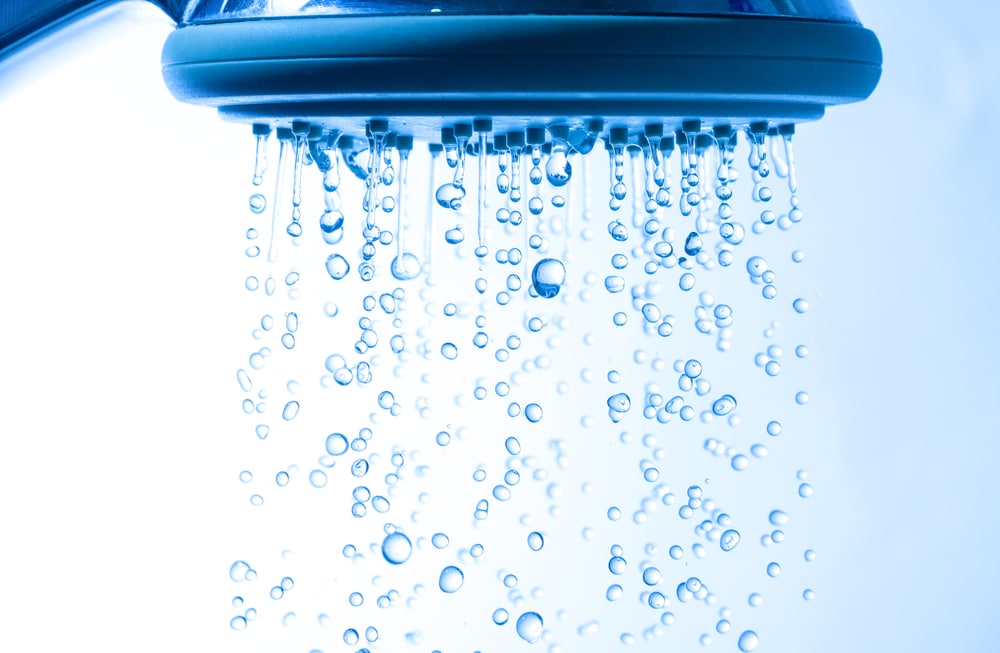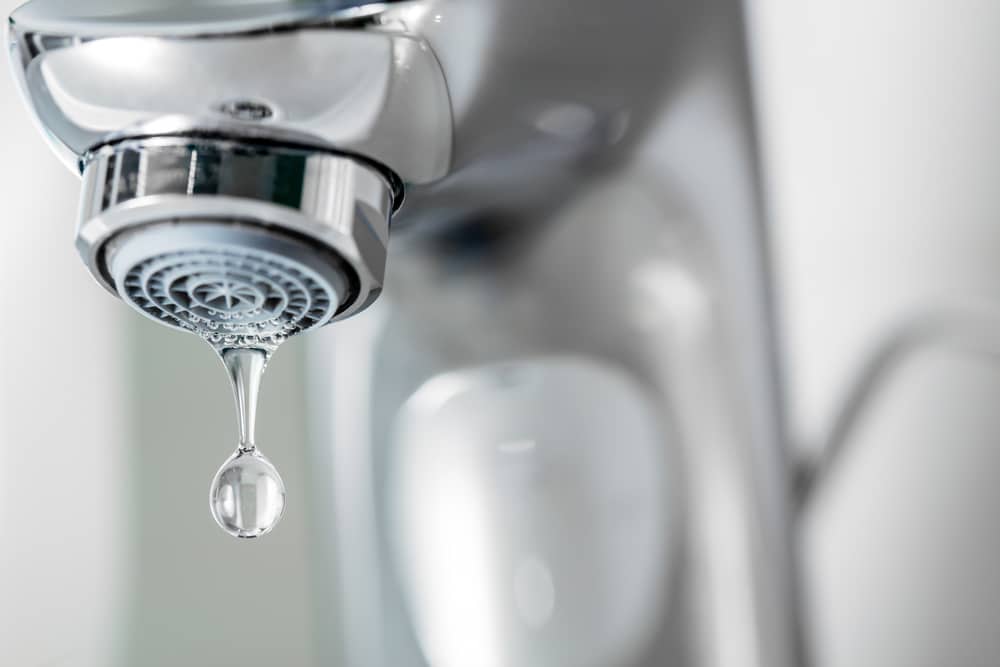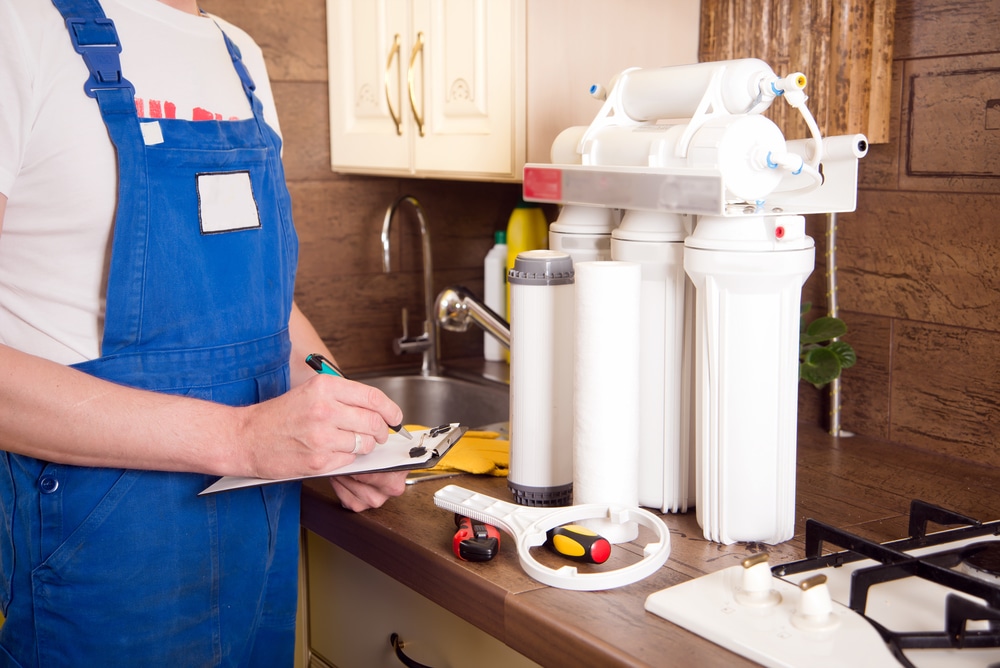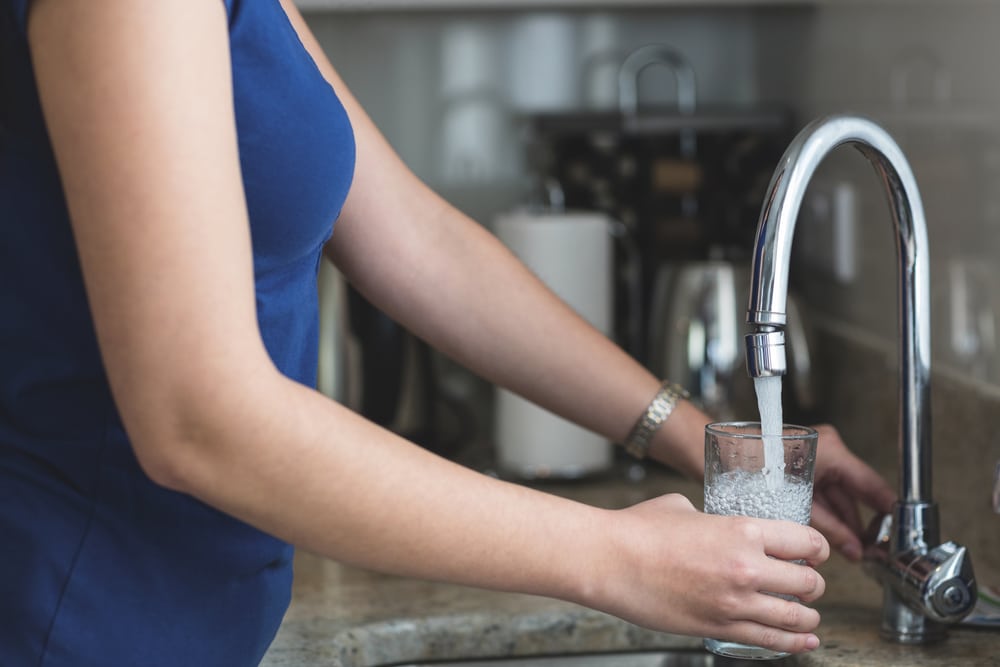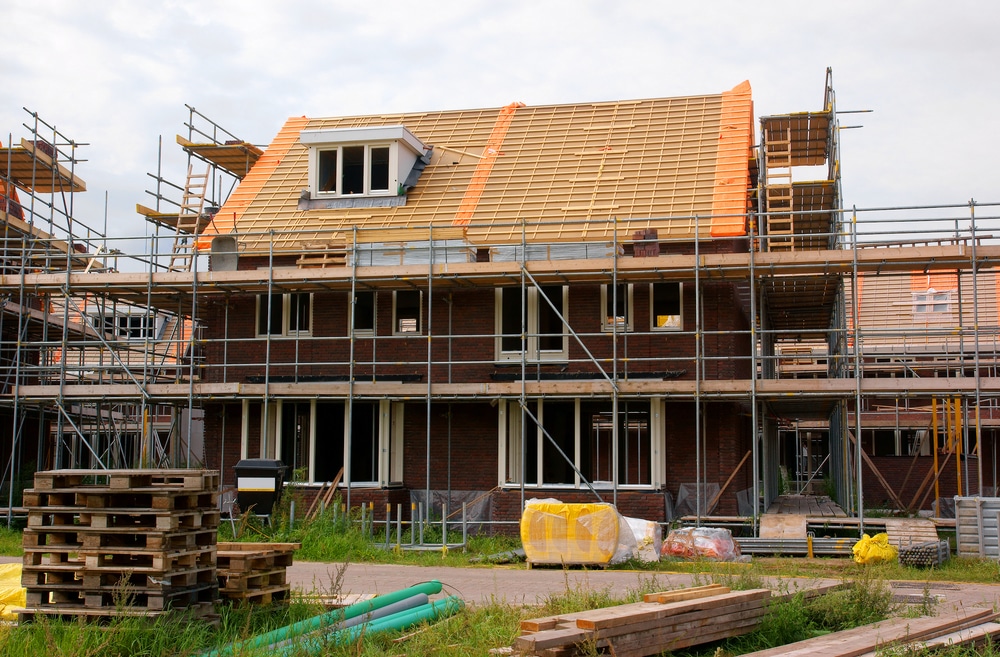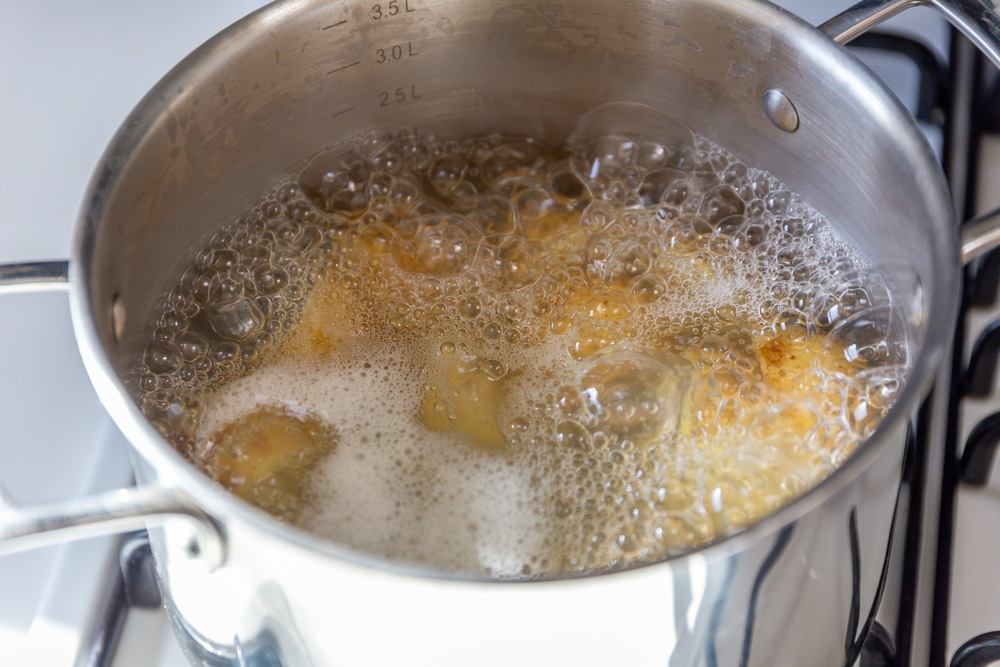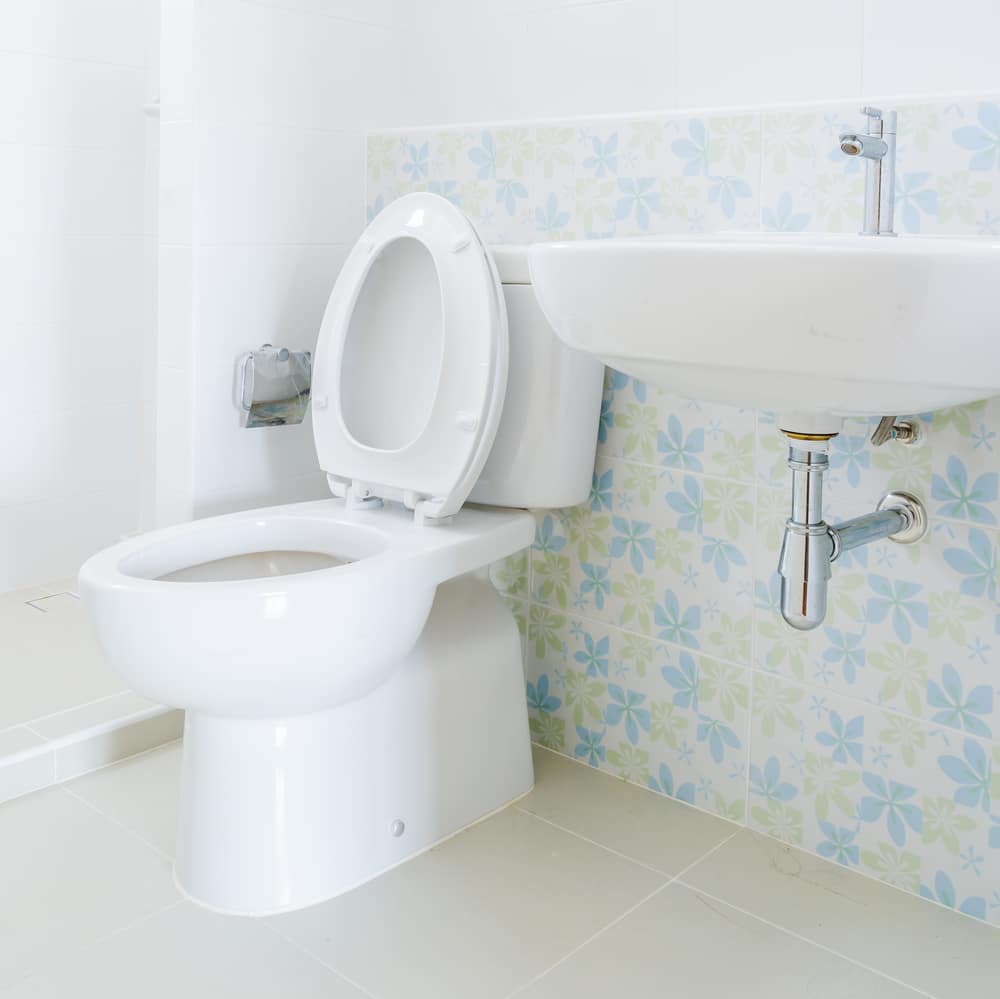The cost to install a water softener varies widely, totaling anywhere from a few hundred to several thousand dollars.
The lower-priced softeners might seem attractive at first glance, as everyone likes (and needs) to save money. However, going with the cheapest option is rarely the best way to provide your family with clean, soft water.
Then again, the most expensive softening system may not be what you need either. Depending upon the size of your household, the hardness of your water and the impurities it contains, a mid-priced model could serve you well for years or decades to come.
So, what’s the best way to select a water softener that provides a good, long-term value?
Factors that Affect Water Softener Costs
The wide range in pricing for softening systems is due to the differences in the products. Water softener costs are based upon:
- System capacity – As a general rule, the more grains of total hardness a softener can remove, measured in grains per gallon, the higher the price of the system.
- Component quality – Higher-quality parts and the latest technological advances create softening systems that are more reliable, which is reflected in the cost.
- Operational design – On-demand functionality boosts efficiency, and two-tank models allow for uninterrupted water supply, both of which are features found in high-end softeners.
- Water impurities – In some cases, filtration or treatment is a necessary step to softener installation in order to address contaminant concerns and provide clean, safe water for drinking and cooking.
- Labor considerations – Professional installation comes with labor costs, and the charges are increased for removal of an old softening system and for projects that require plumbing modifications.
Comparing Prices for Water Softener Systems
On the lower end of the price scale are off-the-shelf softeners, which you can install yourself – if, that is, you have plumbing knowledge and are comfortable cutting and joining pipes. However, rock-bottom pricing typically means lower-quality components and a limited warranty.
High-end water softening systems can provide a better long-term value. Selecting the right softener to meet your household needs and installing it correctly is more difficult than you may think – and because of the importance of having clean, soft water, that isn’t a task you want to take lightly. Plus, if you don’t have training, knowledge and expertise in softener installation, you could face plumbing problems if you attempt the job yourself.
Choosing the Right Water Softener System
For long-term value – and for your peace of mind – consulting with a water treatment expert and opting for professional softener installation is in your best interest. And with Kinetico, you can count on getting a high-quality softening system that meets your needs.
Kinetico Utah, based in Draper and serving the greater Salt Lake City and northern Utah area, is a decades-long industry leader providing innovative, efficient and affordable water treatment solutions. For more information on our products, or to schedule a free consultation and estimate for water softener installation, contact us today.

